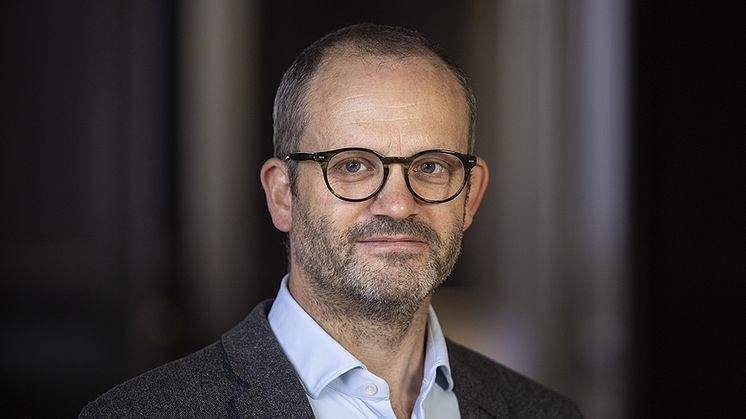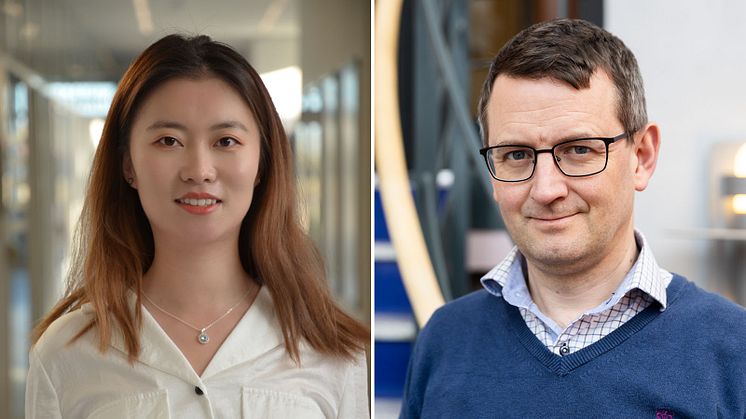Trust more important than cost in climate policy
How much people trust politicians affects their support for climate policies. The less trust we have in politicians, the less likely we are to accept climate policies that mean paying a price as individuals. And people are especially resistant towards taxes. These are the results of a new survey of over 6,000 respondents in four European countries, published in the Journal of Public Policy.




